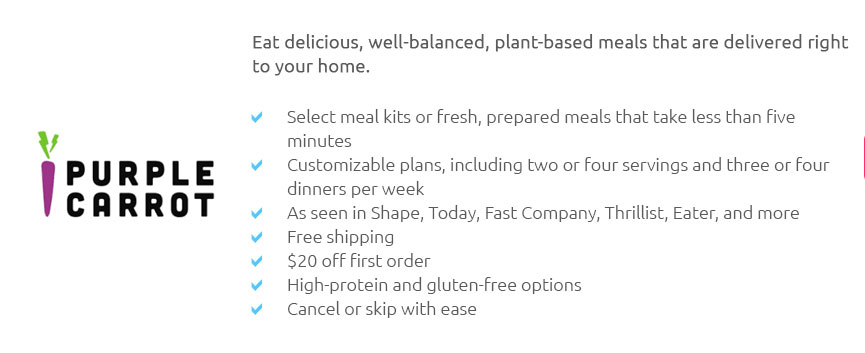 |
 |
 |
|---|
 |
|---|
 |
||||||
|---|---|---|---|---|---|---|
|
||||||
 |
 |
|||||
 |
 |
|||||
 |
 |
|||||
 |
 |
|||||
 |
 |
|||||
 |
 |
|---|
|
j2faqrus508 The Evolution and Impact of Food Meals Delivery ServicesIn recent years, the food meals delivery service industry has experienced a remarkable transformation, evolving from a niche market to a mainstream service that has redefined how we perceive convenience and quality in our daily meals. As urban lifestyles grow busier, more individuals find themselves pressed for time, seeking alternatives that allow them to enjoy diverse and nutritious meals without the hassle of traditional cooking. Enter the food delivery service: a solution that combines the ease of home dining with the variety and quality of restaurant cuisine. Understanding the Mechanics - At its core, a food meals delivery service operates by connecting customers to a network of restaurants and meal providers through a digital platform, typically an app or a website. Customers browse through curated menus, make selections, and place orders with just a few taps. These orders are then processed, prepared, and delivered directly to the customer's doorstep, often within an hour. The seamless integration of technology in this process is crucial, as it ensures that orders are managed efficiently, and deliveries are executed promptly. Advanced algorithms and GPS tracking systems work behind the scenes to optimize delivery routes and ensure freshness and quality are maintained, even during the busiest hours. Factors to Consider - For consumers exploring food delivery options, several factors come into play. First and foremost, cost is a significant consideration. While these services offer unparalleled convenience, they often come at a premium price compared to home-cooked meals. Service fees, delivery charges, and tips can quickly add up, making it essential for budget-conscious customers to weigh the benefits against their financial constraints. Another critical factor is the variety of options available. A good delivery service boasts a diverse selection of cuisines, catering to different tastes and dietary needs, including vegetarian, vegan, gluten-free, and other specialized diets. This variety ensures that customers do not grow weary of repetitive menus and can enjoy exploring new culinary experiences. Health and Sustainability - An increasingly important aspect of food delivery services is their commitment to health and sustainability. Many companies are now emphasizing farm-to-table practices, sourcing ingredients locally to support regional agriculture and reduce carbon footprints. Additionally, there's a growing trend towards offering healthier meal options, with detailed nutritional information provided to help consumers make informed choices. Packaging also plays a role; eco-conscious services are adopting biodegradable or recyclable materials, addressing the environmental concerns that come with increased packaging waste from deliveries. The Human Touch - Despite the heavy reliance on technology, the human element remains vital in food delivery services. Couriers are often the face of these companies, and their professionalism and punctuality significantly impact customer satisfaction. Many services invest in training and providing support to their delivery personnel, ensuring a positive experience for all parties involved. Furthermore, customer service teams are essential in resolving any issues promptly, maintaining the trust and loyalty of users. Conclusion - As we continue to navigate the complexities of modern living, food meals delivery services will undoubtedly play an increasingly integral role. They offer a blend of convenience, variety, and quality that aligns well with the demands of contemporary lifestyles. However, it remains essential for consumers to consider the financial, health, and environmental implications of these services. By doing so, we can make choices that not only enhance our personal dining experiences but also contribute positively to the broader community and the planet. https://www.blueapron.com/?srsltid=AfmBOooSLlyfJPGpdsAuhJTzlI4OqamlbMIKYSBx73xIfZ5EJTW0a8ta
Discover affordable culinary delights with Blue Apron's meal kits and prepared & ready meals now featuring the same fresh ingredients you love. https://www.bonappetit.com/story/best-meal-delivery-services?srsltid=AfmBOop8X1IgN6TwzsIO-nvyX5OTjEllAJMVAY7Lt7iiDGtsZrk3ymM-
The 14 Best Meal Delivery Services 2025, Tested by Bon Apptit Editors - Testing Dinner Meal Kits - The best meal kit for variety: Home Chef. https://www.homechef.com/?srsltid=AfmBOoq8Rr5753Zaq94E8Kk_TI_ekjGCUOWge0pqcd0Y3bfHlCuVlbkP
Home Chef brings pre-portioned ingredients to your door in an insulated box so everything stays fresh and delicious.
|
|---|


